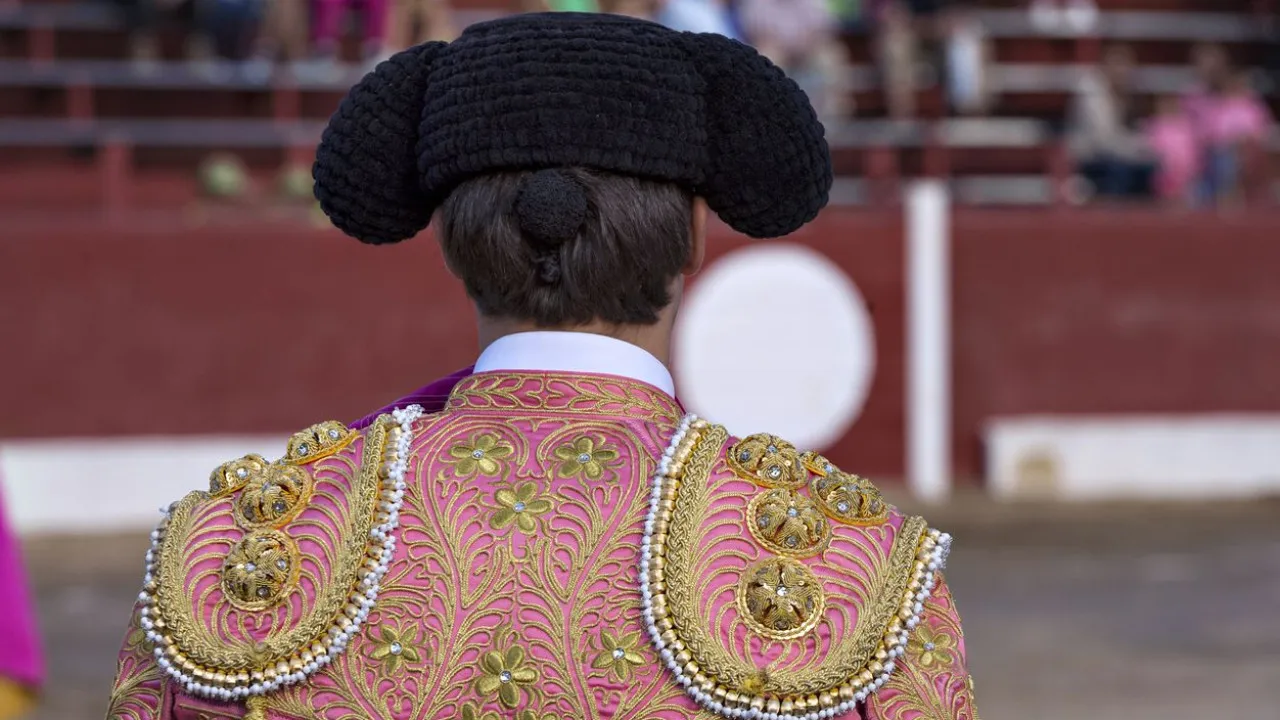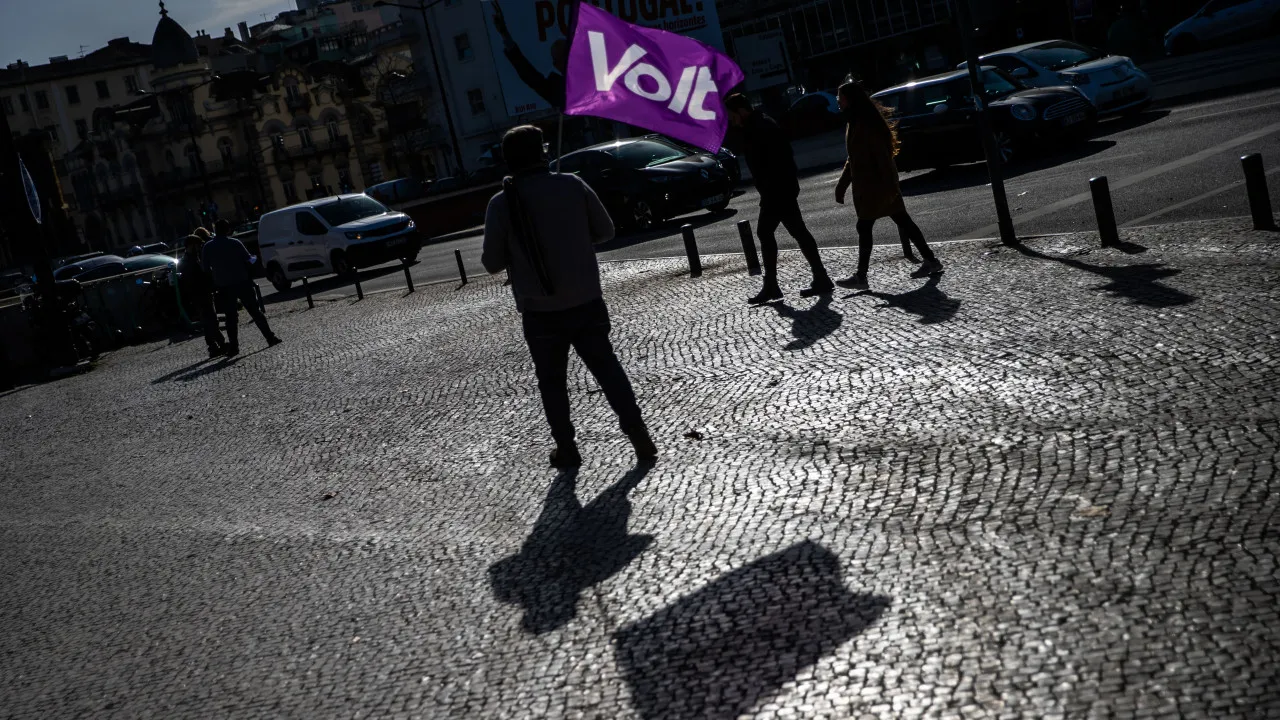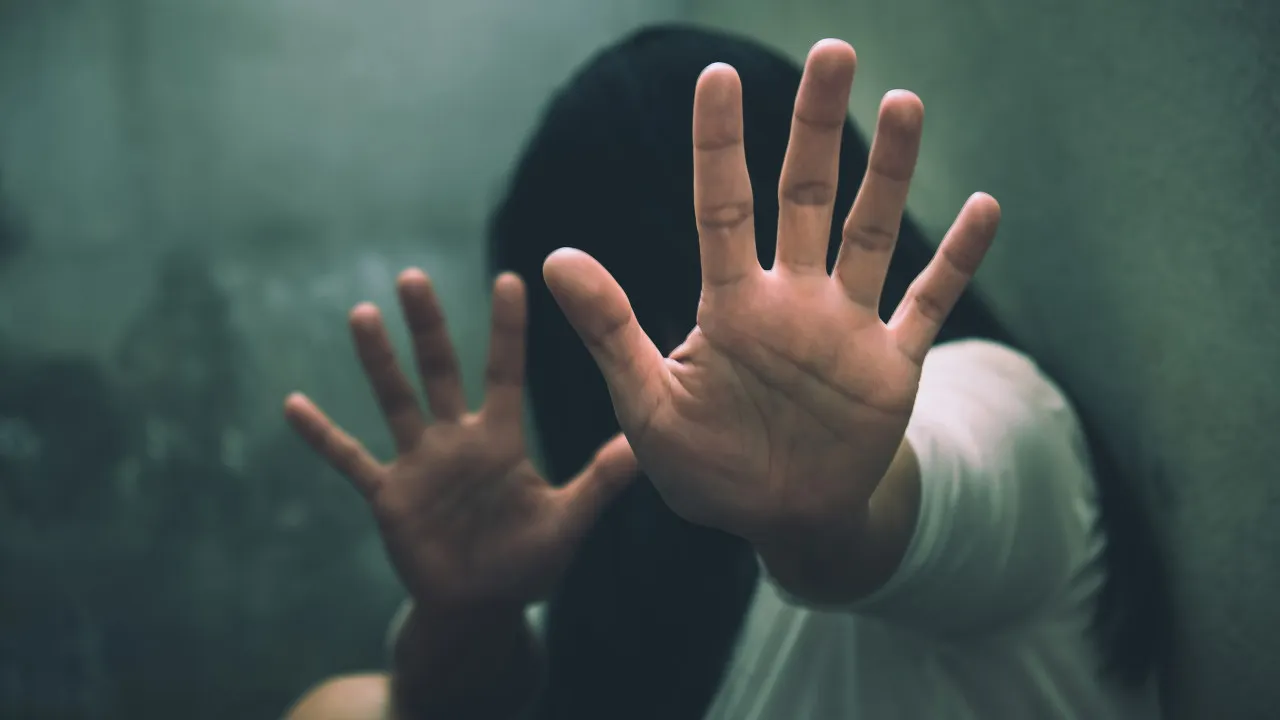
The political party reaffirmed its opposition to bullfighting, labeling such practices as detrimental to animal dignity. It highlighted various alleged irregularities and legal violations, compelling it to file a formal request with the local government, citing “the absence of the landowner’s non-opposition declaration,” an “insufficient timeframe to process,” “contradictions in venue identification,” “lack of mandatory inspections and reports,” “expired fiscal and contributory certificates of the promoting society,” and “exceptional fire risk due to the installation in a rural building” as concerns.
The party noted that bullfighting requires resources, such as firefighters, which should not be diverted from combatting fires at this time of year. It also raised concerns about “public health risks arising from the release of blood and biological residues, without evidence of adequate collection and sanitation conditions.”
In this context, the party argued that the Baião City Council could not “legally license the event” and should “comply with current legislation, applying the precautionary principle to safeguard public health, safety, and animal welfare,” by revoking “any issued licenses immediately” or refraining from granting a license.
Upon inquiry, the Baião City Council reported that a safety inspection of the venue had been conducted on Thursday, revealing some non-conformities. However, a follow-up inspection today at 2:00 PM concluded that the premises meet the requirements outlined in the prevailing legislation and are fit for use, thus permitting the venue for a maximum capacity of 1,000 people.
The municipality emphasized that the Baião bullfighting event is not linked to the City Council or the São Bartolomeu Festivities happening from August 17 to 24, and that “like in previous years, the bullfight is not part of the official festival program, but is a private initiative.”
The municipality, led by Paulo Pereira (PS), clarified that “authorizing the bullfight is not within the City Council’s jurisdiction, as it rests with the General Inspection of Cultural Activities (IGAC),” and its role is limited to “authorizing the installation and issuing the operational license for the mobile bullring,” provided hygiene and safety requirements are met.
The inspection processes also include representatives from Civil Protection and the Directorate-General for Food and Veterinary (DGAV).
An official source from the municipality stated that the city “strictly complies with its legally defined competencies: authorizing the installation and issuing the operating license after the necessary inspections.”
The municipality stressed that its remit covers “the venue’s operation, not the event itself.”
Regarding its stance on bullfights, the municipality maintains that it is obligated to “act according to the legislation,” highlighting that personal opinions cannot override the law, and any legal changes must be made by the Parliament, not local governments.




